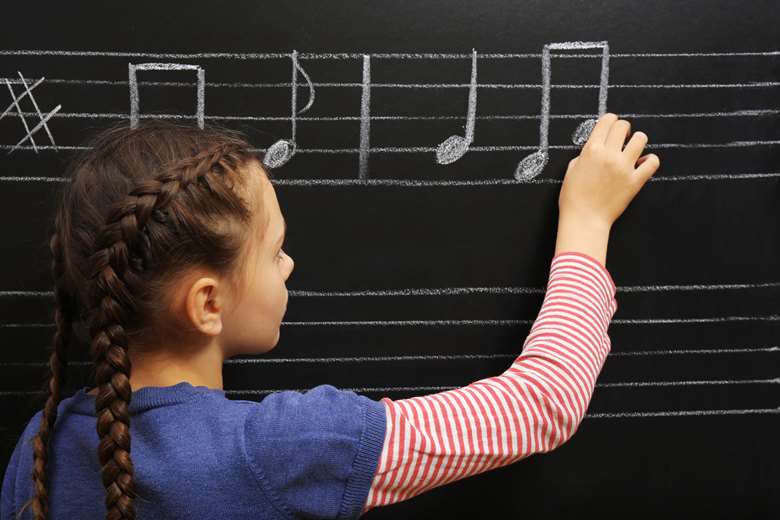National Plan for Music Education published
Harriet (Clifford) Richards
Tuesday, June 28, 2022
Inclusion, partnerships and progression from early years onwards are the central aims of the refreshed plan for music education in England.


Register now to continue reading
Don’t miss out on our dedicated coverage of the classical music world. Register today to enjoy the following benefits:
- Unlimited access to news pages
- Free weekly email newsletter
- Free access to two subscriber-only articles per month





